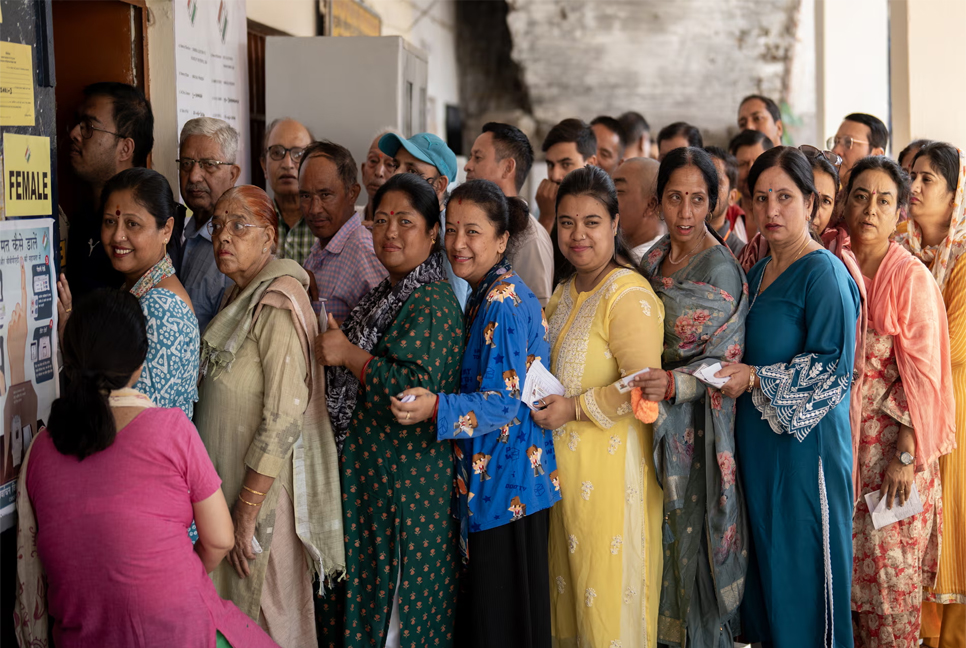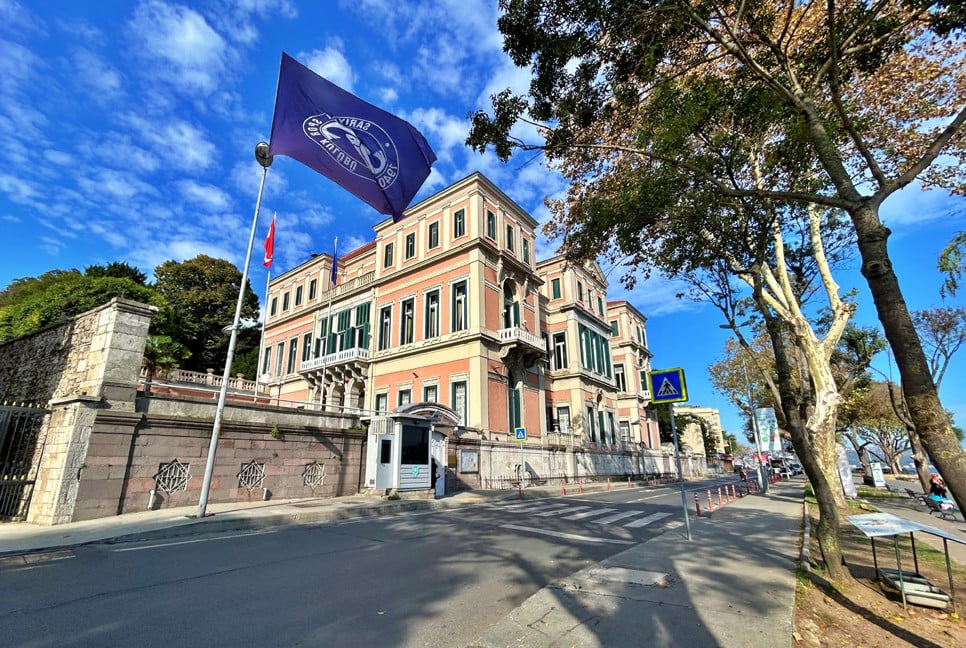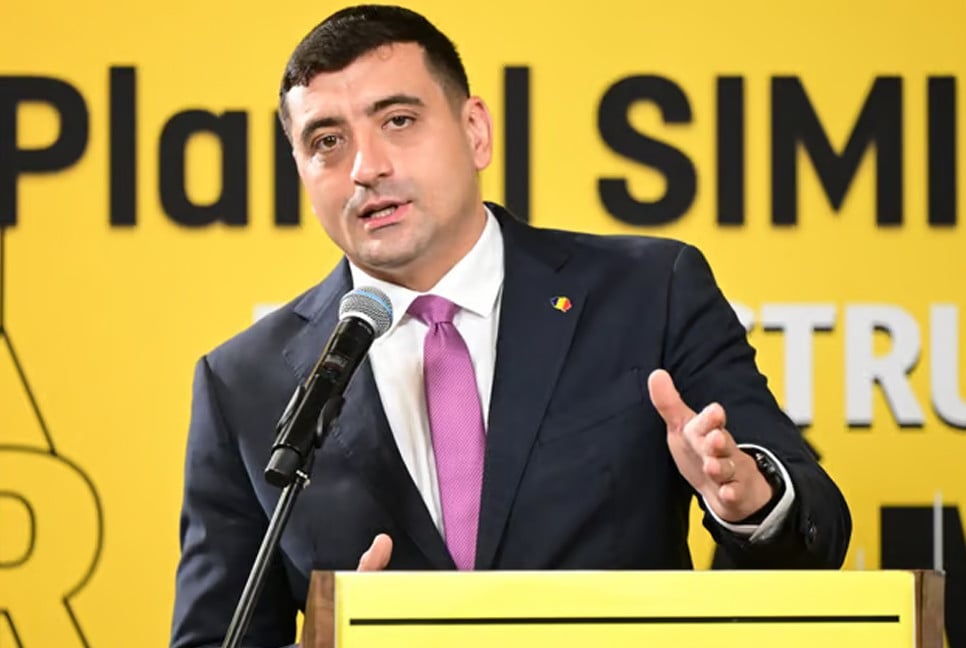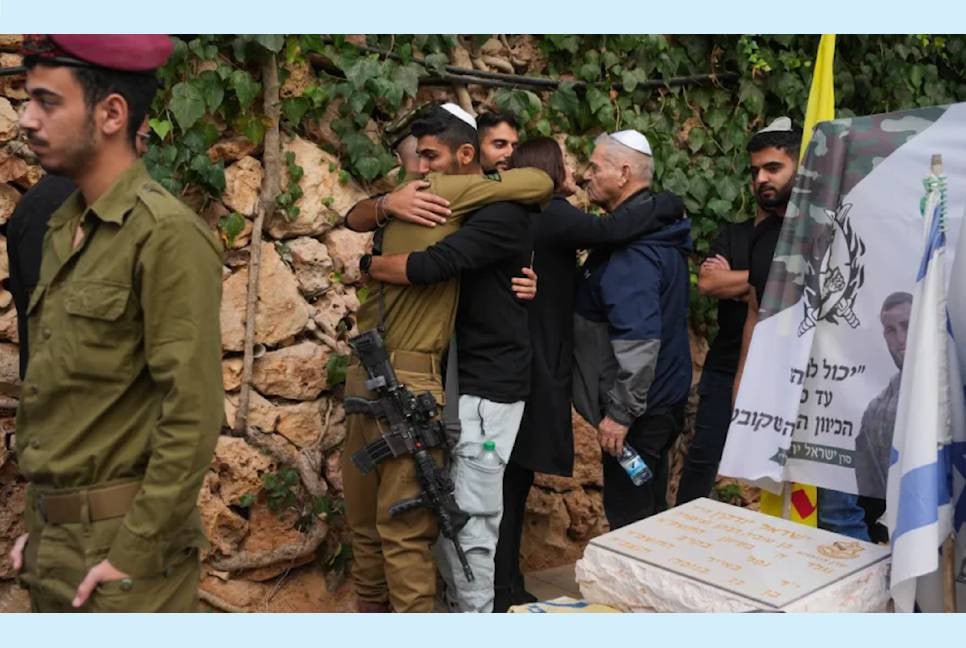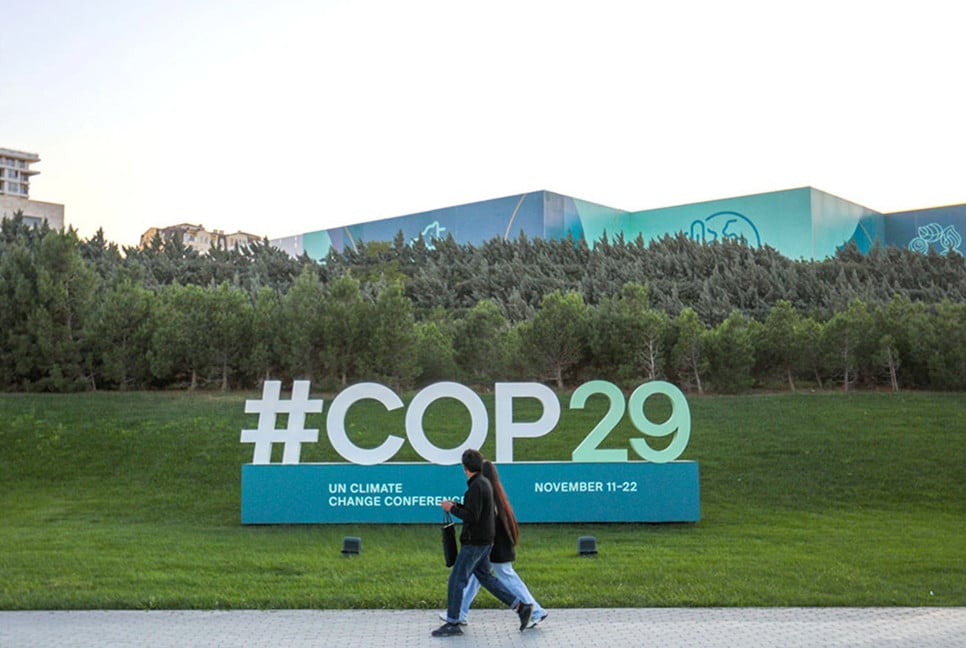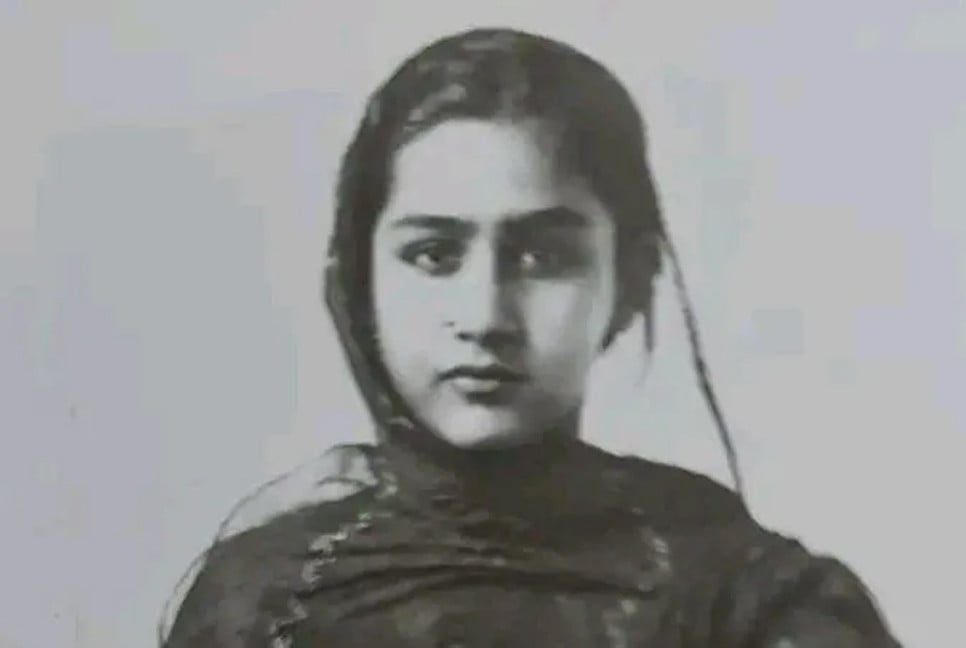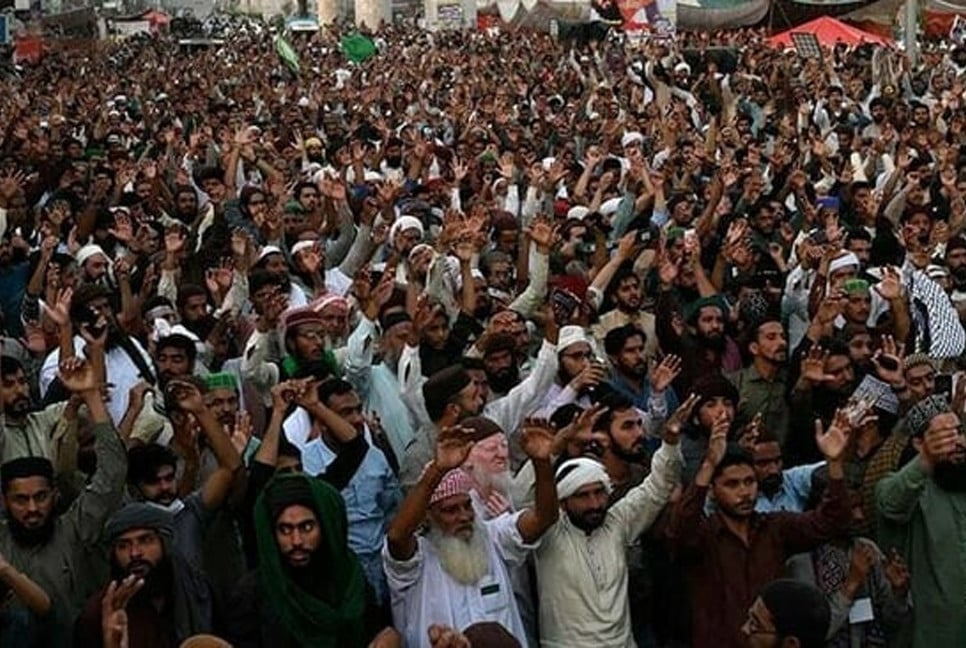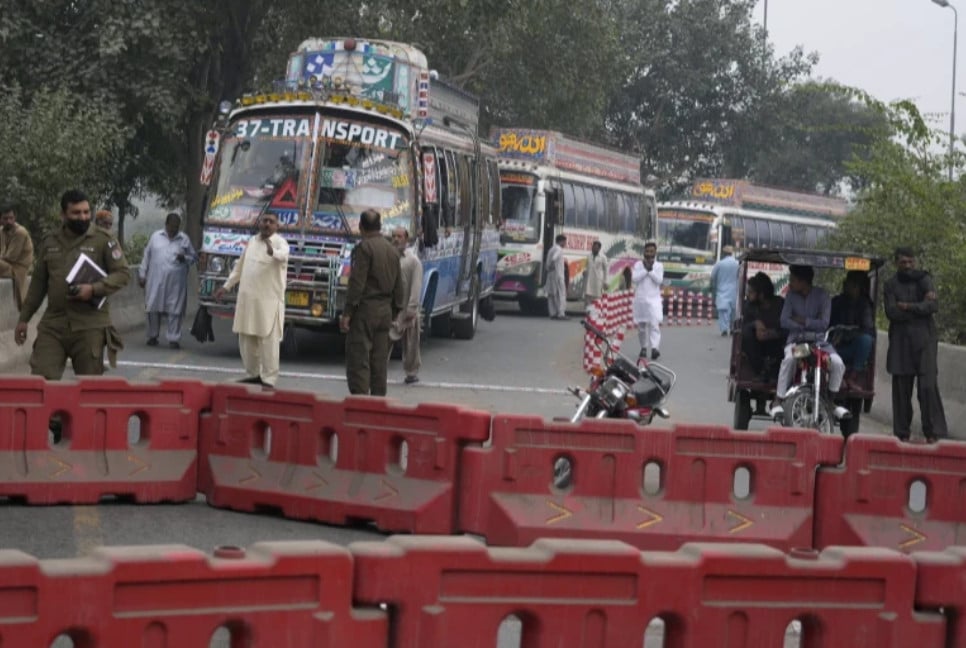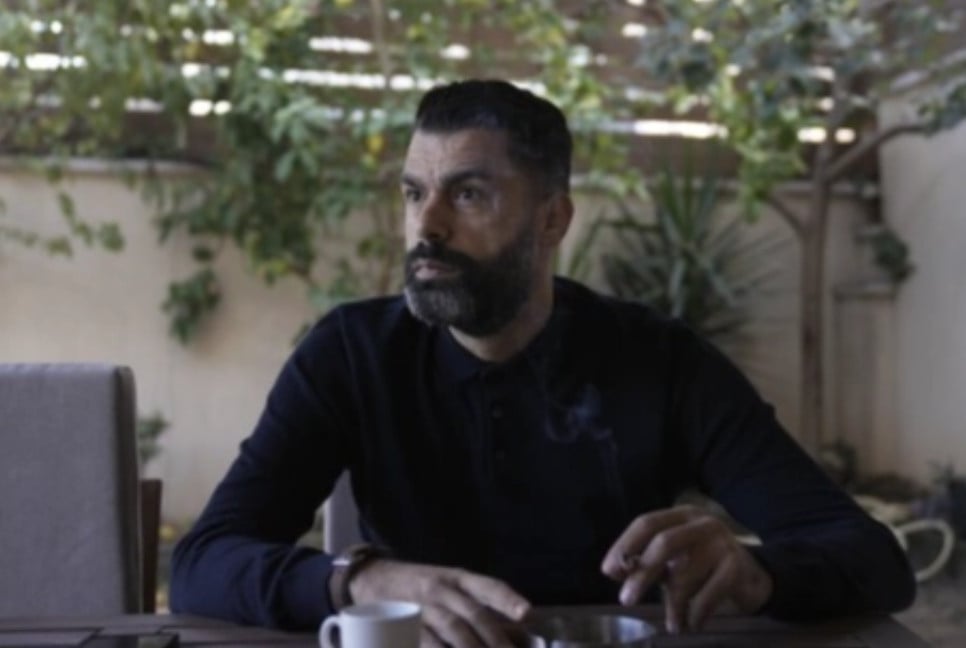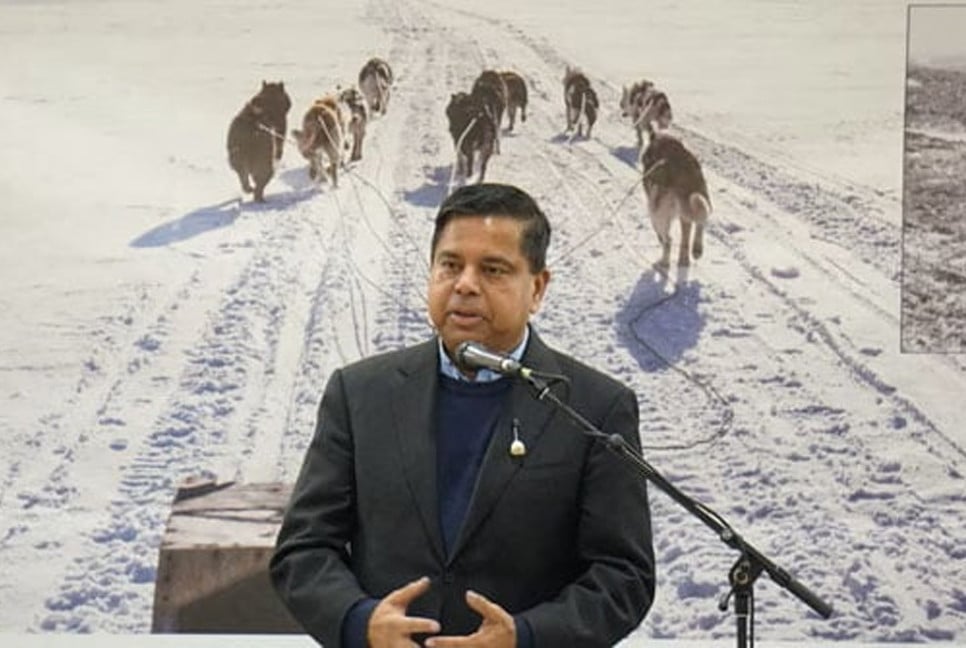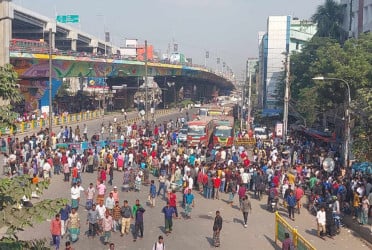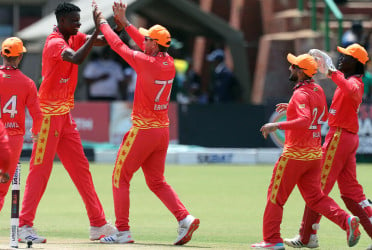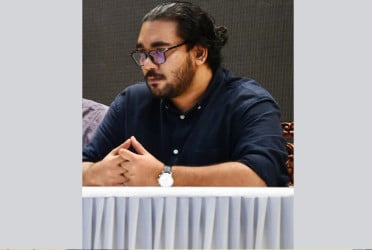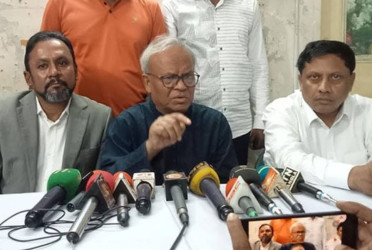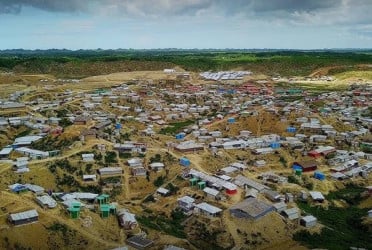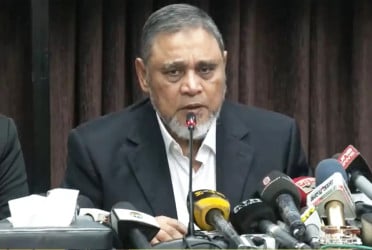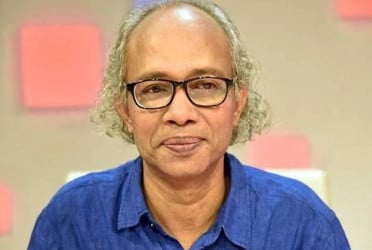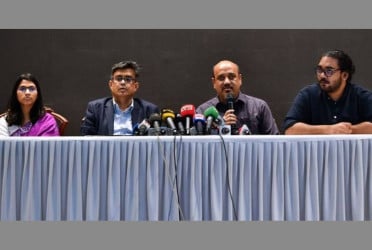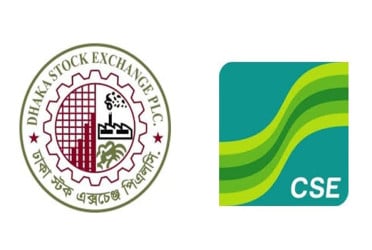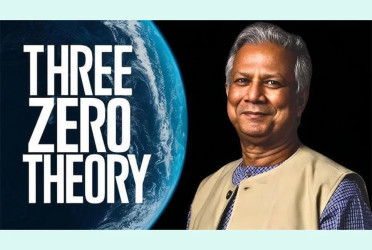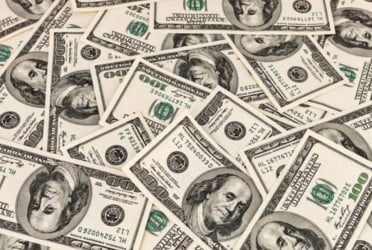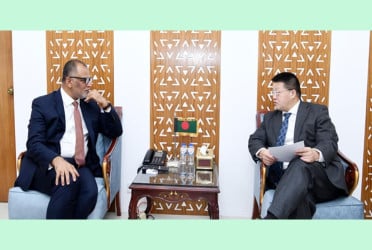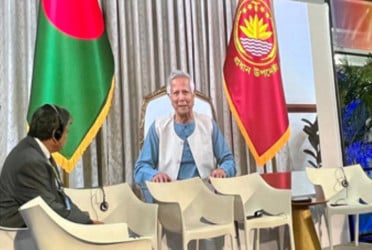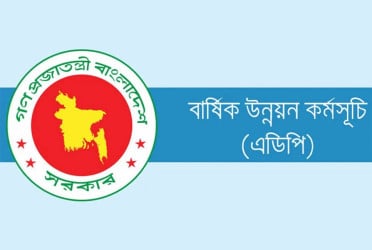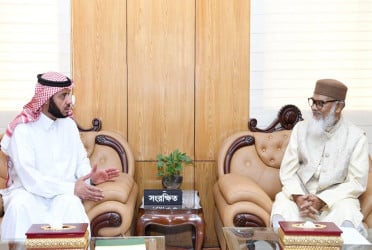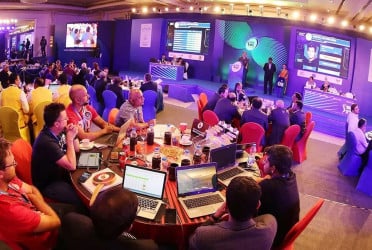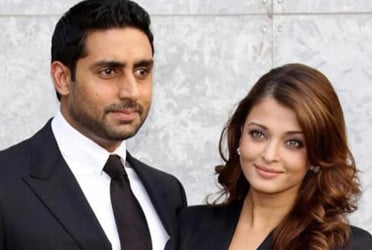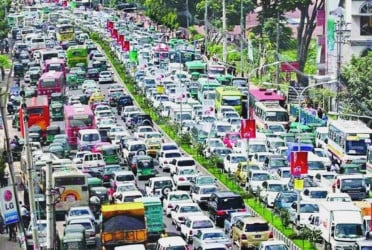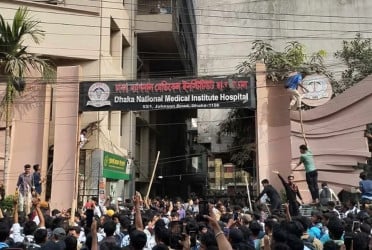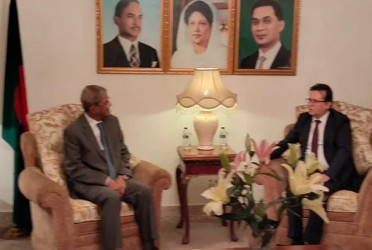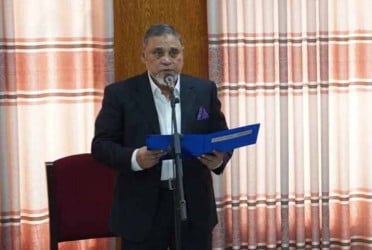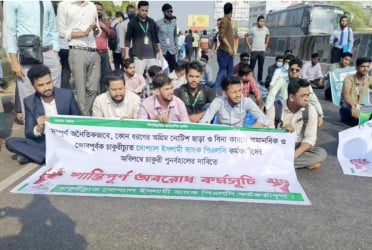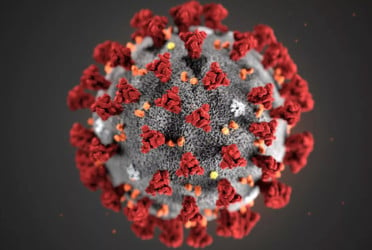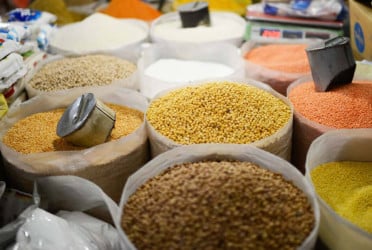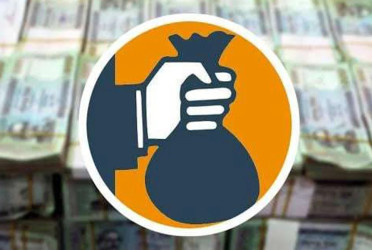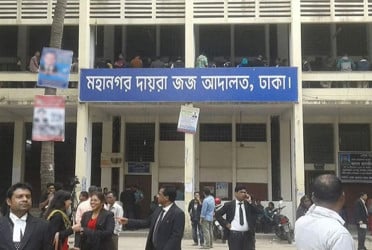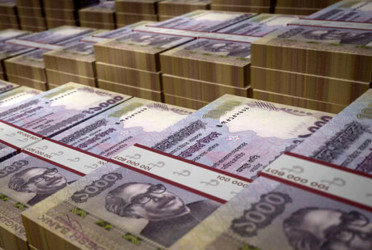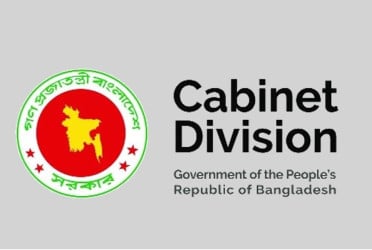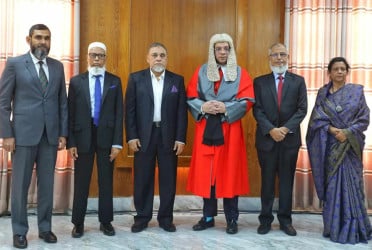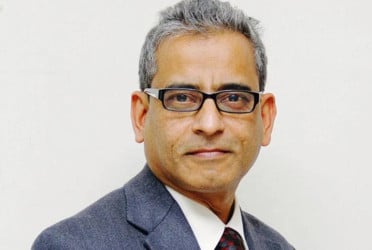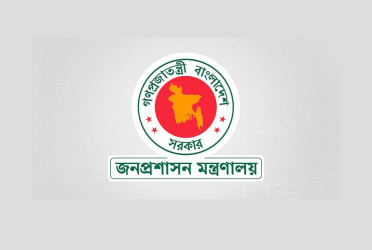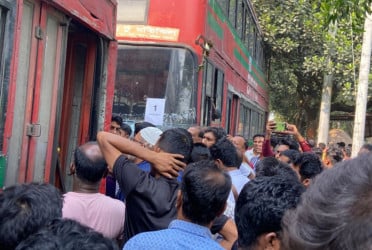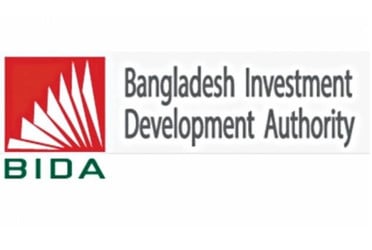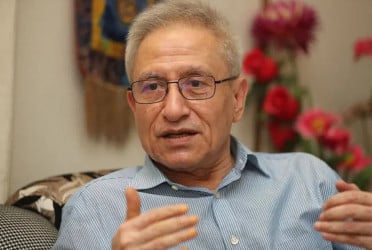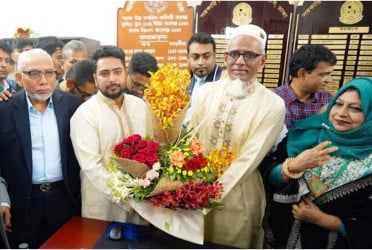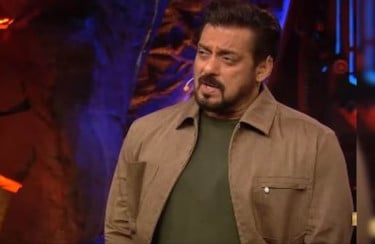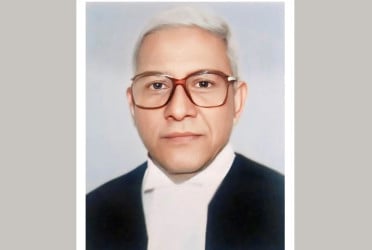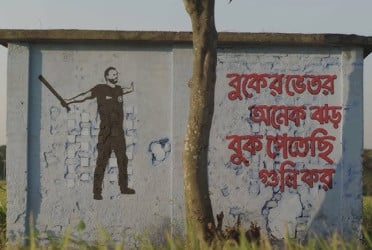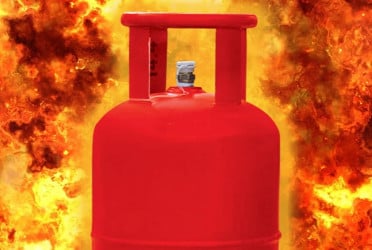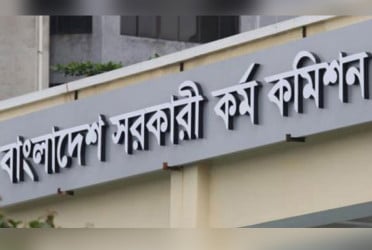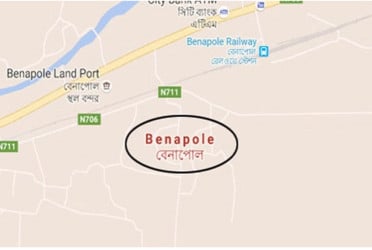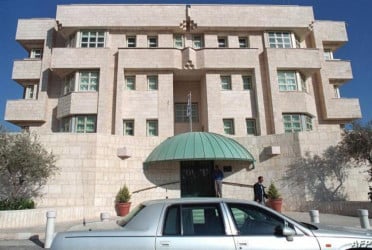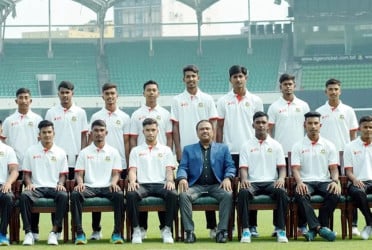Voting has come to a close in India’s mammoth elections, as exit polls widely predicted prime minister Narendra Modi would win a historic third term in proceedings marred by allegations of irregularities.
The election, the longest and largest in India’s history with almost a billion eligible voters, began in mid-April. As it progressed over seven phases until 1 June, a deadly heatwave gripped the country, with temperatures almost touching 50C in areas, leading to deaths of dozens of voters and polling officials.
Counting begins at 8am on Tuesday, and results are expected the same day. Vote counting is done simultaneously at counting stations in each of the 543 constituencies around the country.
According to a flurry of exit polls released on Saturday night, Modi and his Bharatiya Janata party (BJP) are looking at a decisive win and may even gain seats to win a two-thirds majority in parliament, which would allow the government to make far-reaching amendments to the constitution, reports The Guardian.
It would be a historic achievement for Modi, India’s strongman prime minister, whose Hindu nationalist politics have significantly re-shaped India’s secular democracy over the past decade. No prime minister since Jawaharlal Nehru, India’s first post-independence premier, has won three consecutive terms.
As the election unfolded, allegations of irregularities by the BJP began emerge. Opponents alleged the BJP was undermining India’s democratic processes through the harassment and intimidation of opposition candidates and parties and suppression of Muslim voters who are not the BJP’s usual vote bank. BJP leaders, including the prime minister himself, were accused of openly violating election rules as they resorted to polarising anti-Muslim rhetoric on the campaign trail.
Opposition parties also accused the BJP of using state machinery to go after them, including the arrest of senior opposition figures and the freezing of the funds of the Congress party by the tax authorities.
US thinktank Freedom House said this year the BJP had “increasingly used government institutions to target political opponents”.
On Sunday, Arwind Kejriwal, one of the most prominent opposition leaders and the chief minister of Delhi, was returned to jail after briefly being released on a temporary bail in order to campaign in the elections. Kejriwal has alleged the corruption case against him is “politically motivated” by the Modi government in order to undermine his party, a charge the BJP denies.
Rahul Gandhi, the most prominent member of the opposition’s once-formidable Congress party and scion of a dynasty that dominated Indian politics for decades, was convicted of criminal libel last year after a complaint by a member of Modi’s party.
His two-year prison sentence saw him disqualified from parliament until the verdict was suspended by a higher court and raised concerns over democratic norms.
Hemant Soren, the former chief minister of the eastern state of Jharkhand, was also arrested in February in a separate corruption probe.
Kejriwal, Rahul Gandhi and Soren are all members of an opposition alliance composed of more than two dozen parties, but the bloc has struggled to make inroads against Modi. According to predictions, the alliance, which includes the Congress party, will get just only 125 to 165 seats out of 543.
Bd pratidin English/Lutful Hoque

